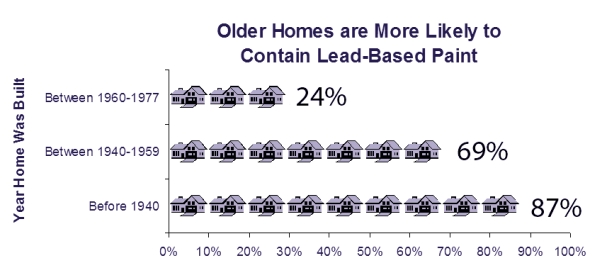The Advantages of Choosing MHG Buyers Agents in Burlington, Vermont Real Estate.
What do buyers agents do? Why not just handle it yourself?
As a Buyer Agent’s, our job is to get you from Point A (Would-be Buyer) to Point B (Happy Home Owner) in a safe, simple, and professional manner. More specifically, it’s our job to:
1. Educate You About the Neighborhood
Choosing a new neighborhood is part of the fun! We will play a critical role in educating you about the pros and cons of various neighborhoods. You could go knocking on doors and speaking to neighbors, but it is not necessary. We can help you understand the neighborhood schools, crime rate, transportation options, demographics, nearby restaurants/shops/services and the trends that are happening in that neighborhood.
[See our related: Burlington Neighborhood Guide]
2. Perform Due Diligence on the Property
Another critical role is helping you do your due diligence on the property. That involves:
-
Being there to fully investigate the property. This means going into the scary basement, looking for signs of knob and tube wiring, failing windows, or strange plumbing/ heating issues. We also can refer you to outside professionals as necessary.
-
We ask the important questions: Have there been any water issues in the basement? Were the renovations completed with permits? Are there any issues with the neighbors?
-
We investigate and report back the ongoing costs of the property (hydro, heat, water, etc.)
One of the Buyer Agent’s most important jobs is to make sure you don’t buy the WRONG house.
3. Negotiate Price and Contract Terms
The Buyer’s agent works for the Buyer, so their job is to negotiate the lowest possible price with the best possible terms for the Buyer. We investigate the price history of the homes you’re interested in, the prices of comparable homes recently sold in the neighborhood and what’s happening right now in the market. Helping you understand how the differences between properties affect value (for example, lot size, the number of bathrooms, finishes or view) is crucial when making big decisions. Buyer’s agents also protect you by making your offer conditional on, for example, obtaining suitable financing or performing a home inspection.
4. Help You Find the Home
Long ago, a Buyer’s Agent’s primary role was to introduce properties to buyers. There was a magical book that contained all the homes for sale and if you wanted to buy a house, you hired an agent to find out what was for sale. Enter the internet. Today’s Buyers are often identifying the homes they are interested in themselves…but that doesn’t mean that Buyer Agents don’t play an important role in locating homes. Sometimes that means introducing the perfect home that was overlooked because it didn’t fit the initial criteria or neighborhood or finding an opportunity to buy a house that seemed out of budget (but really won’t be after negotiations). Fact: what you think you want when you begin your home search is often not what you decide to buy in the end.
5. But Wait! There’s More!
A Buyer’s Agent will also:
-
Help you determine your needs, wants, and priority criteria
-
Reduce financial surprises by helping you determine the full cost of buying a property and the ongoing costs of owning it [Related: Closing Costs]
-
See ‘potential’ in a home and educate you on value in the property.
-
Connect you with the best lawyers, lenders and home inspectors (Vendor Lists)
-
Be an ongoing resource for connecting you with home professionals to help once you own the home
But Does Who I Hire Matter?
Not all agents are created equal! Who you hire to represent you on the purchase of a home MATTERS. Who you choose to work with will impact the choice of the home you buy, the neighborhood you buy it in, and final cost. It can mean the difference between:
-
Overpaying for a home vs. paying market value
-
Buying a condo in a building filled with college students vs. buying a condo housing professional couples like you
-
Unknowingly buying a house that will cost you $50K in surprise repairs vs. knowing before you buy
-
Losing money on your real estate investment vs. being cash-positive
As always, you can choose any agent. But wouldn’t it be nice to go with a time tested, experienced group of agents? Shouldn't you Expect More?






